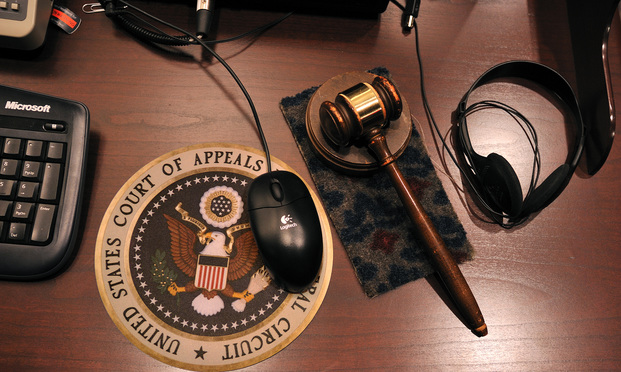In light of the ongoing pandemic, the Federal Circuit announced on May 18, 2020 that it has suspended all in-person oral arguments indefinitely. All arguments that the court finds cannot be decided on the briefs will be scheduled for telephonic argument going forward. The court’s announcement raises questions regarding appellate practice and its ability to adapt to the COVID-era remote proceedings.
In March 2020, prior to the imposition of nationwide COVID-19 restrictions, the court heard fifty-seven oral arguments. The April and May remote sessions saw a reduction in arguments, nineteen and twenty-six arguments respectively. Pursuant to the court’s calendar, it anticipates hearing thirty-five remote arguments in June, while deciding thirty-two appeals on the briefs. This could indicate that the court is attempting to reduce the number of hearings on its docket. However, in July the court anticipates holding remote argument for 40 cases while deciding only eleven cases on the papers.

 U. S. Court of Appeals for the Federal Circuit. Courtesy of U. S. Court of Appeals for the Federal Circuit.
U. S. Court of Appeals for the Federal Circuit. Courtesy of U. S. Court of Appeals for the Federal Circuit.







